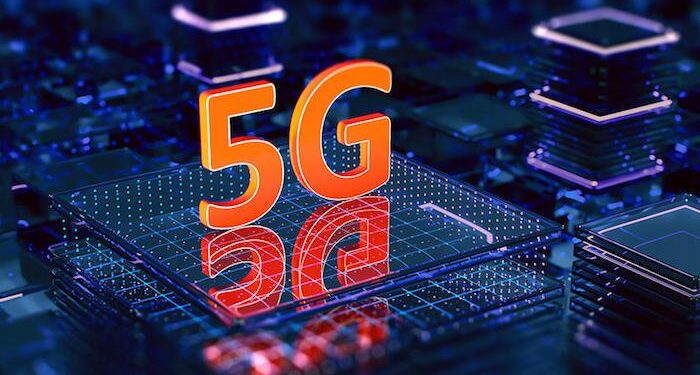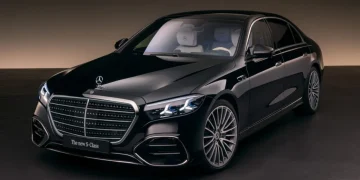The Middle East and North Africa (MENA) are about to experience a $50 billion economic boost thanks to 5G technology. According to GSMA Intelligence, this next-gen network will supercharge industries like manufacturing, healthcare, logistics, and finance by 2030.
While Gulf countries like Saudi Arabia, the UAE, and Kuwait are already using 5G to build smart cities and high-tech industries, North African nations are still trying to get started. So, is MENA really ready for 5G’s full potential?
The Gulf Is Leading the 5G Race
The Gulf Cooperation Council (GCC) is already a global leader in 5G. Kuwait ranks #1, the UAE is #2, Qatar is #5, and Saudi Arabia sits at #12 on GSMA’s 2024 5G Index, which tracks 5G performance worldwide.
By 2030, half of MENA’s 439 million mobile connections will be on 5G, and in the Gulf region, 95% of the population will have access to it.
“The Gulf isn’t just adopting 5G; we’re using it to change industries. It’s not just about fast internet. It’s about combining 5G with AI, cloud computing, and smart devices to create real-world change.” said Kamil Hilali, Chief Strategy Officer at Zain Group, in an interview with Forbes Middle East.
Massive Investments Are Fueling 5G Growth
Telecom companies in MENA are betting big on 5G, with plans to invest $97 billion into the technology by 2030. Industry experts predict that telecom revenue will grow from $66 billion in 2023 to $88 billion by the end of the decade.
MENA already has a strong mobile user base:
- 427 million people (64% of the region’s population) use mobile phones.
- 327 million people have mobile internet, three times more than a decade ago.
- The mobile industry supports 1.3 million jobs across the region.
In Saudi Arabia, where 32% of mobile data traffic already comes from 5G, the country has spent $25 billion in the last six years to build up digital infrastructure under Vision 2030.
Meanwhile, Zain Saudi Arabia is investing $425 million to expand its 5G network, with 45% of the funds going toward next-gen 5G-Advanced technology.
“5G-Advanced isn’t just about making things faster,” Hilali explained. “It’s about creating a smart, adaptive network that can power AI-driven cities, autonomous vehicles, and futuristic industries.”
North Africa Is Still Catching Up
While the Gulf is full speed ahead, North African countries are still setting up their 5G networks.
- Egypt: In October 2024, Vodafone, Orange, and e& got 5G licenses to start rolling out 5G in Egypt’s 128 million mobile connections market—the second-largest in the region.
- Tunisia: Orange Tunisie, Ooredoo Tunisie, and Tunisie Télécom launched 5G services in early 2025, just three months after getting their licenses.
- Libya: Still figuring out whether to give 5G licenses to state-run operators or open the market to new players.
“In North Africa, we’re looking at Fixed Wireless Access (FWA) to bridge connectivity gaps,” said Mohamed Nasr, CEO of Telecom Egypt.
“It’s a great solution for remote areas where building physical networks is tough.”
FWA is a technology that delivers fast internet over 5G without needing cables, making it perfect for rural and underserved areas.
What’s Holding 5G Back?
Despite its potential, 5G still faces challenges in MENA.
- Red Tape: Governments need to speed up 5G licenses and regulations to let companies roll out services faster.
- Cost: 5G infrastructure is expensive, and many companies are hesitant to invest without better funding opportunities.
- Market Demand: While people want faster internet, affordability is still a challenge in some parts of the region.
“My biggest worry is whether companies will invest enough in FWA,”Nasr said. “But it’s our best shot at giving people fast internet where regular networks can’t reach.”
Can MENA Fully Unlock 5G’s Potential?
The Gulf’s aggressive investment in 5G is turning the region into a global leader in telecom innovation. Saudi Arabia, the UAE, and Kuwait are proving that 5G can transform industries, boost economies, and create new opportunities.
But North Africa must speed up its adoption, otherwise, it risks missing out on the $50 billion economic opportunity that 5G promises by 2030.
The future is here. Will MENA take full advantage of it?














